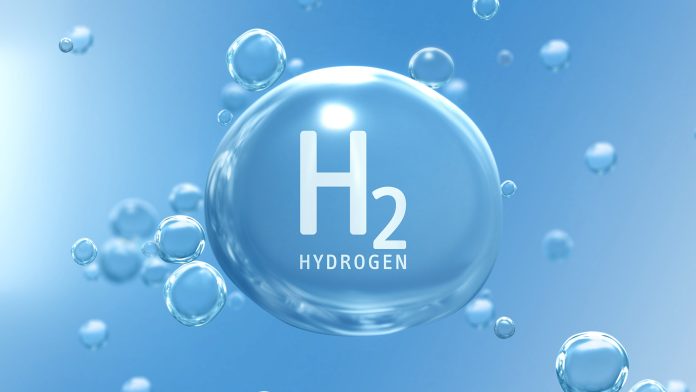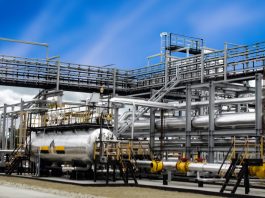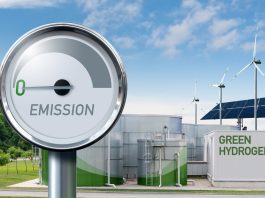An overview of the ongoing EU-funded Project ‘LH2CRAFT’, dealing with the safe and efficient marine transportation of liquid hydrogen in large quantities.
Transport is a cornerstone of both the European Union’s internal cohesion and its global trade, driving economic growth, employment, and social equality. Yet, as the world’s reliance on transportation has deepened, the same has applied to its environmental impact.
Global transport challenges and opportunities
The carbon footprint of transport activities has surged to concerning levels. According to the European Investment Bank’s Transport Lending Policy 2022: “The negative climate, environmental, safety and congestion externalities of transport as well as its unequal availability to users have reached unacceptable levels.”
In response, the European Green Deal Strategy has set a bold target of a 90% reduction in transport emissions, compared to 1990 levels, by 2050, achieved through the adoption of more sustainable, affordable, accessible, healthier, and cleaner alternatives.
Exacerbating this challenge is the global energy crisis that began long before Russia invaded Ukraine. The conflict has only intensified Europe’s energy woes, with the continent facing the looming winter with dwindling energy reserves and little hope of replenishment. The pandemic temporarily masked these energy security issues, as reduced industrial activity led to lower energy demand. With economic recovery underway, the energy security is becoming increasingly apparent, creating what some describe as a perfect storm.
However, amidst these challenges lies a significant opportunity. Decarbonisation policies are gaining traction, with both industry and governments recognising the potential for transformative change. Leading companies like Maersk have committed to carbon-neutral operations by 2050, while MSC and France’s CMA CGM are investing heavily in carbon-neutral shipping technologies.
At the heart of these efforts is liquid hydrogen (H2), a fuel with the highest energy per mass of any fuel. Yet, its low ambient temperature density poses a challenge. It requires advanced storage and transportation solutions to enable its use over long distances – as the liquid hydrogen must be transported from production sites to regions with high demand.
In this context, the LH2CRAFT project is pioneering a new generation of sustainable, commercially attractive, and safe technologies for the long-term storage and long-distance transportation of liquid hydrogen (LH2) on ships. The project aims to develop innovative storage solutions that can operate at temperatures as low as 20 K (-253oC), with a 180m³ containment system serving as the project’s demonstration model.
By advancing these technologies, LH2CRAFT not only addresses societal energy needs but also strengthens the EU’s leadership in global maritime innovation. The project is expected to significantly impact Europe’s innovation-driven industry, creating highly skilled jobs, delivering efficient technological solutions, and setting international regulatory standards.
LH2CRAFT project outline and objectives
LH2CRAFT is an ongoing Research & Innovation project, being mainly funded by the Clean Hydrogen Joint Undertaking of the EU while also receiving grants from the UK Research & Innovation (UKRI) for the UK-based partners as well as contributions from the private sector. The project was the only proposal that was awarded by the EU within the Call for Proposals (HORIZON-JTI-CLEANH2-2022-02-06: ‘Development of large scale LH2 containment for shipping.’
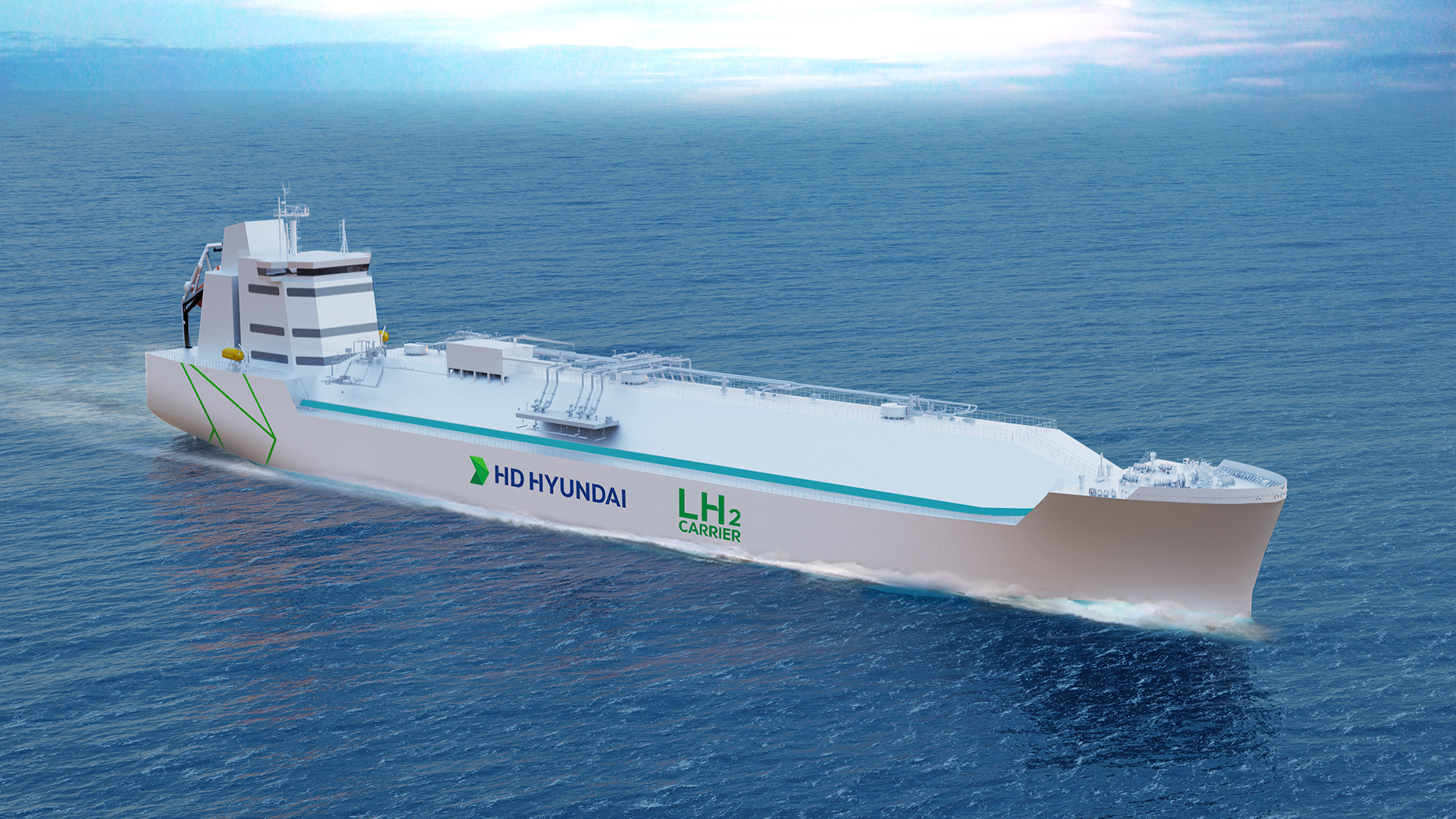
The project is coordinated by the Greek-based company HYDRUS ENGINEERING SA, a global engineering organisation offering comprehensive and integrated solutions across the maritime, energy and defence sectors.
The main objectives of the project are summarised as follows:
- Ensuring the safe, cost-effective, and energy-efficient storage and transportation of large quantities of liquid hydrogen (LH₂) over long distances.
- Developing a Cargo Containment System (CCS) for LH₂ shipping that surpasses the size limitations of current technological developments in the waterborne sector.
- Designing a modular and scalable LH₂ storage system with dimensions comparable to those of existing liquefied natural gas (LNG) carriers.
- Securing Approval in Principle (AiP) and General Approval (GA) for the CCS, as well as AiP for the auxiliary systems, from ABS IACS Classification Society (partner of the consortium).
- Demonstrating the viability of the CCS through the detailed design, construction, and validation of a reduced-size prototype with a capacity of 180m³.
- Developing a safe and innovative conceptual integrated ship design, along with a comprehensive cost estimation.
- Strengthening the European Union’s position as a global maritime leader by fostering the creation of highly skilled jobs, advancing efficient technological solutions, and setting international regulatory standards, thereby contributing to industry and society.
The aforementioned objectives are complemented by an extended and detailed series of testing activities throughout the project, ranging from material characterisation under cryogenic conditions, subsystem performance validation and small-scale system specimens performance verification.
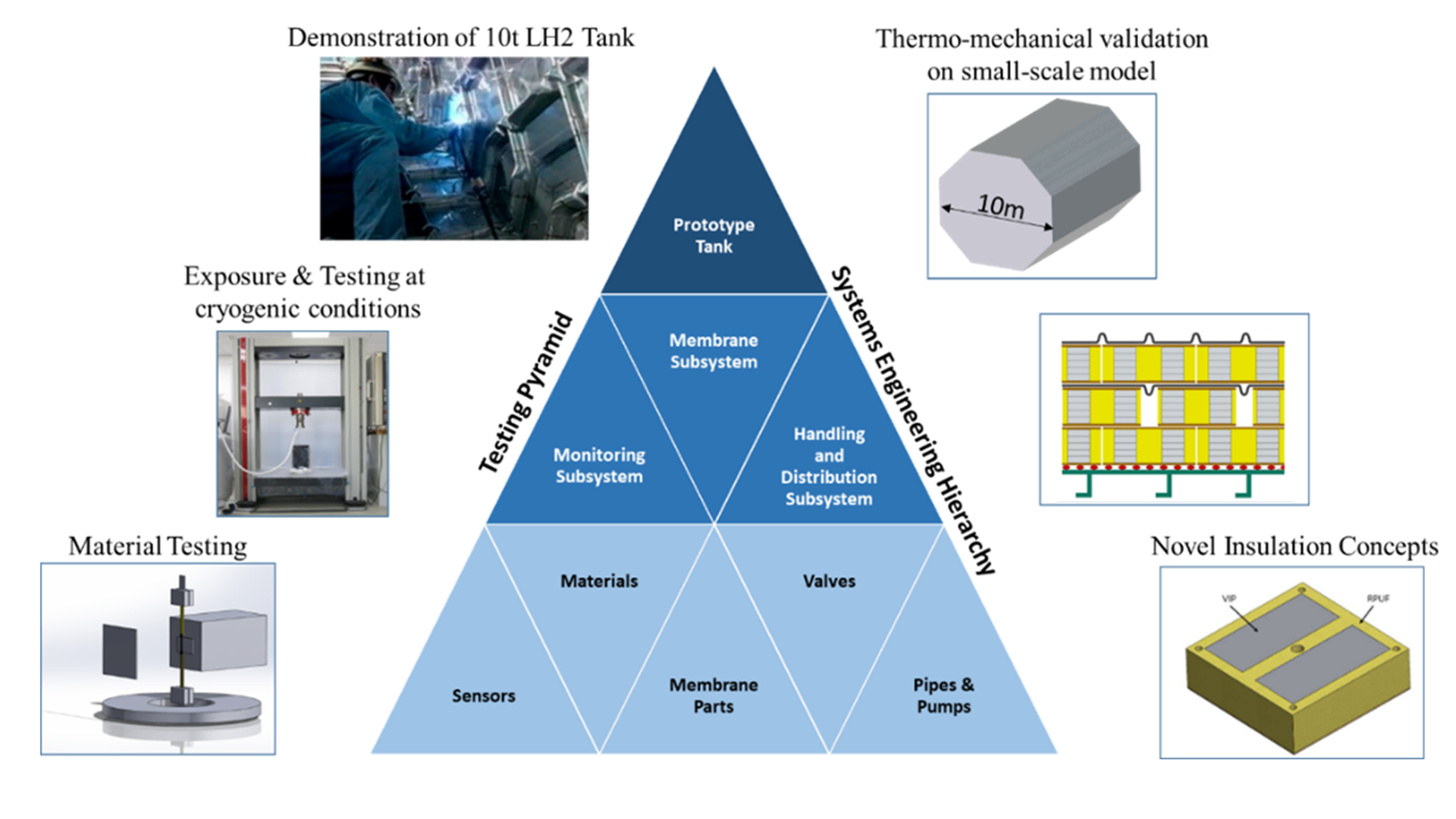
LH2CRAFT in numbers
The LH2CRAFT project, initiated in June 2023, is a 48-month endeavour. It is a joint effort of 14 partners from nine countries, comprising a consortium of engineering consultants, academic institutions and research organisations, IACS classification societies, and industrial partners.
More specifically, the following partners’ categories are cooperating in a harmonised way to successfully implement the project and achieve its main goals:
- Major Classification Societies / IACS Members: ABS (American Bureau of Shipping – Greece), RINA (Registro Italiano Navale – Italy) & BV (Bureau Veritas – France)
- Technical Universities: TUD (Technische Universiteit Dresden – Germany), NTUA (National Technical University of Athens – Greece), UOS (University of Strathclyde – UK), UPAT (University of Patras – Greece)
- Industry Partners: HYD (Hydrus Engineering SA – Greece), HD KSOE (HD Korea Shipbuilding & Offshore Engineering – Republic of Korea), GBD (Gabadi – Spain), ACT (Actemium – France),
- Research Organisations & Network Associations: TWI (The Welding Institute – UK), WEGEMT (European Association of Universities in Marine Technology and Related Sciences – the Netherlands), EASN (European Aeronautics Science Network – Belgium).
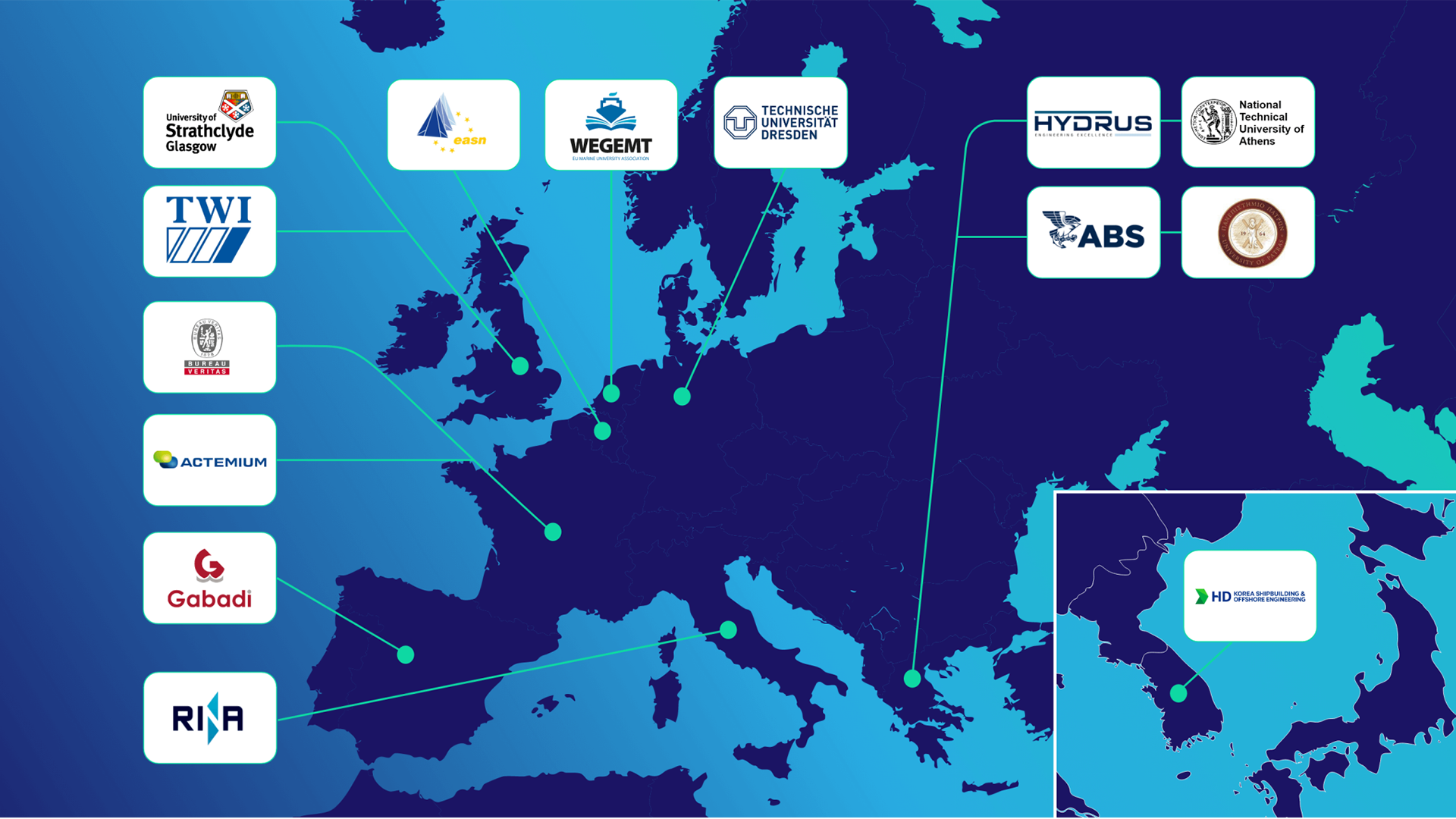
The overall budget of the project is approximately €7.7m, with the majority being supplied by the Clean Hydrogen JU (€5.6m). The remaining funding derives from the UKRI (€800,000) and self-funding by HD KSOE, one of the largest shipyards in the world from the Republic of Korea, acting as the partner responsible for the CCS design.
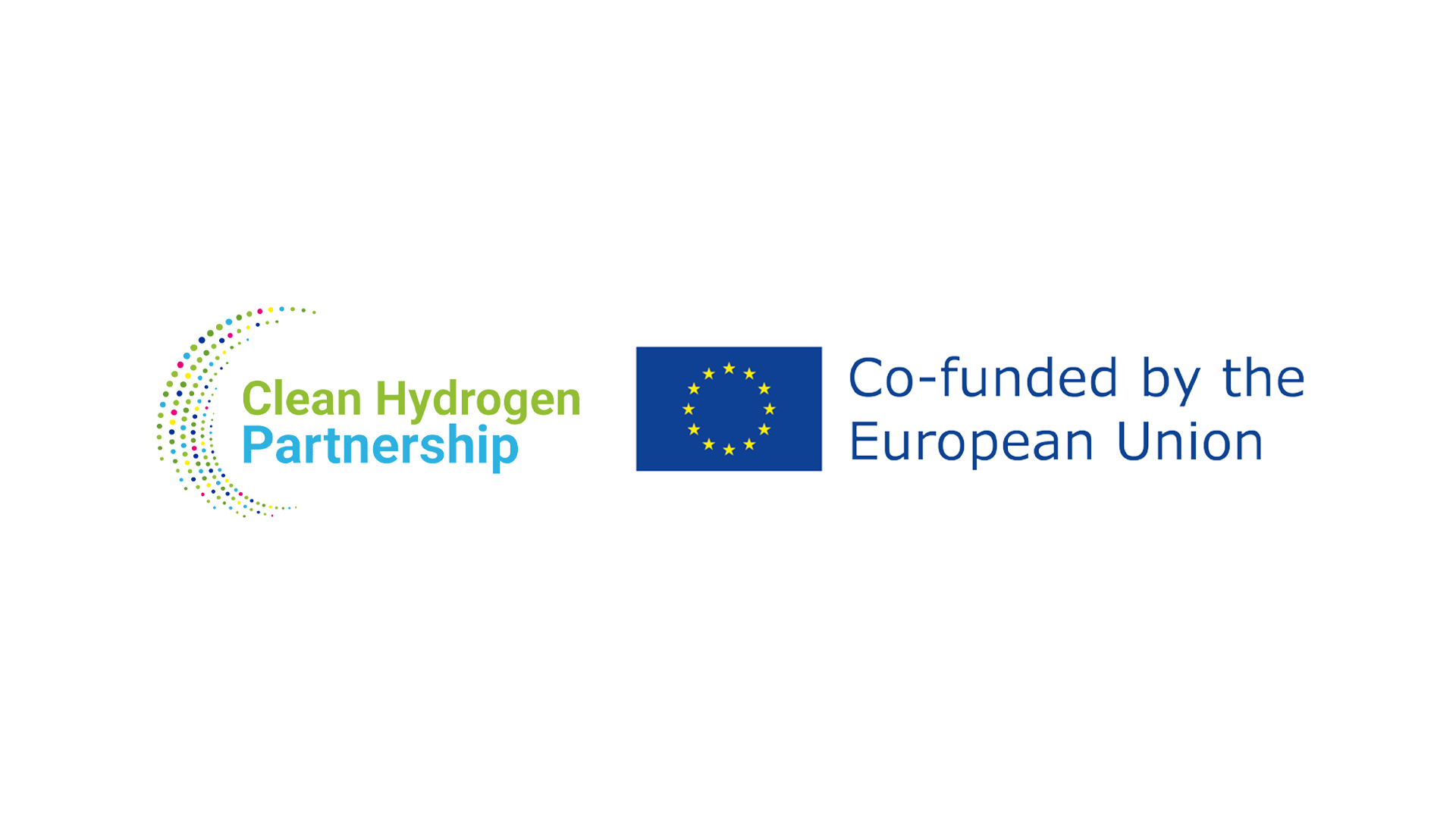
Disclaimer
UK participation in the LH2CRAFT Project is funded by UK Research & Innovation (UKRI) under the UK Government’s Horizon Europe guarantee (grant numbers 10070575 & 10082044). HE Project Number: 101111972
Please note, this article will also appear in the 19th edition of our quarterly publication.

